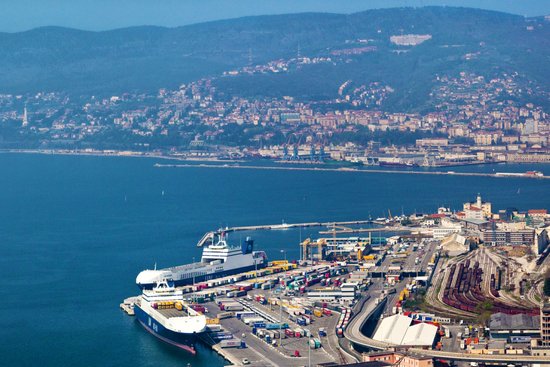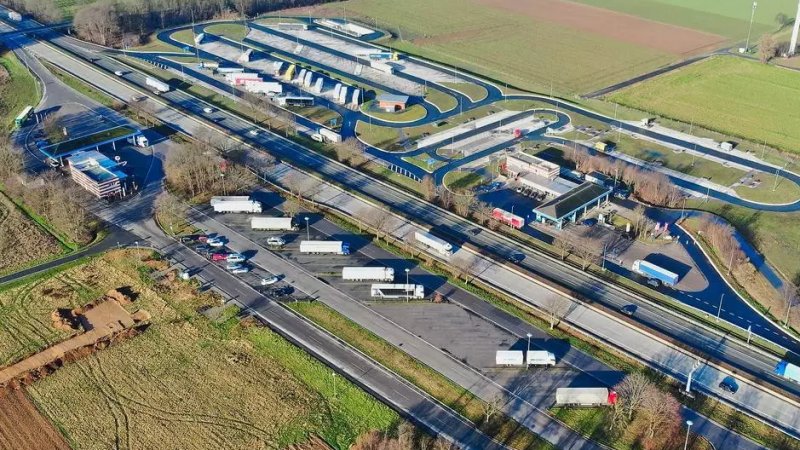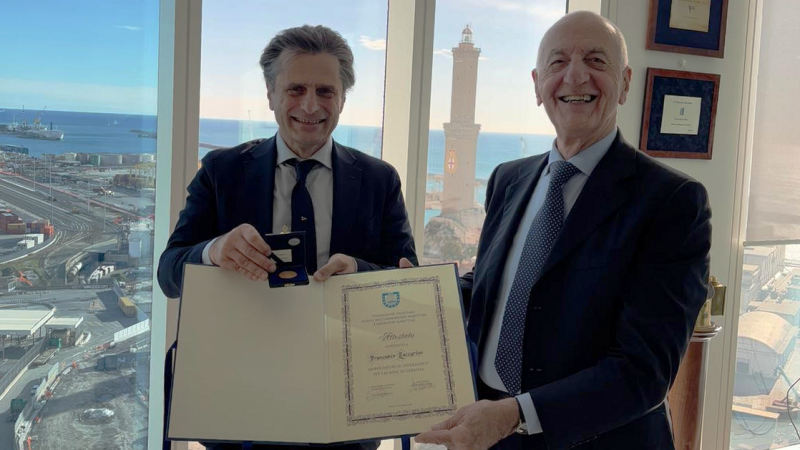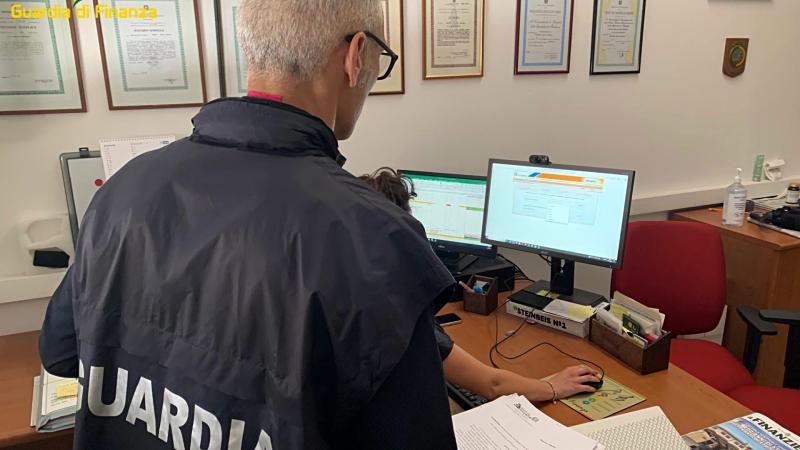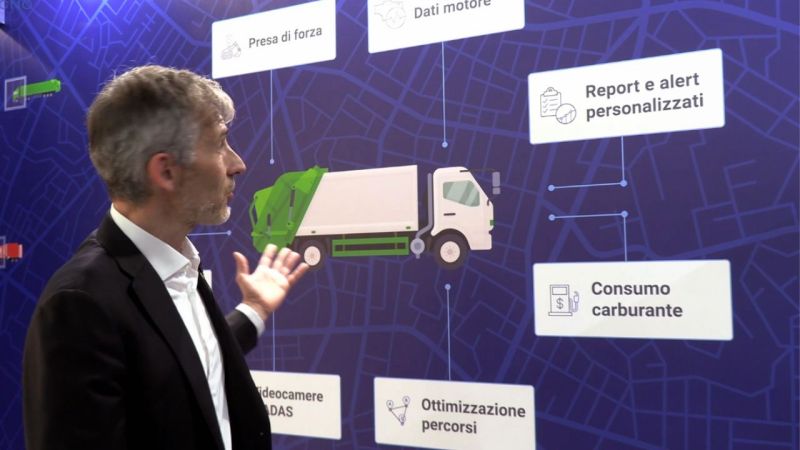The logistics sector saw significant merger and acquisition activity in October 2024, with a clear geographical focus on developed markets and an emphasis on technological integration and service expansion, according to a report from Transport Intelligence released on November 14, 2024. Europe and North America dominated the landscape, accounting for 86% of all acquisitions by target location. The United States led individual activities, representing 39% of all acquisitions, highlighting a continued focus on mature markets. This concentration suggests that companies are favoring markets with established infrastructure and reliable regulatory frameworks, possibly as a safeguard against global economic uncertainty, analysts from Transport Intelligence explain.
October's transactions revealed two dominant themes: the expansion of logistics capabilities (31% of deals) and technological integration (19% of deals). This dual focus reflects the sector's drive towards digitalization while maintaining strategic physical assets. Transport and shipping each represented 11% of acquisitions, indicating a sustained interest in consolidating traditional sectors.
The largest transaction of the month was MSC's acquisition of a majority stake in Brazilian port operator Wilson Sons for $768 million, marking a significant push into Latin American infrastructure. This move, alongside Descartes' acquisition of Sellercloud for $110 million and InPost's purchase of the remaining stake in Menzies Distribution for £60.4 million, underscores the diversity of strategic approaches being pursued.
In healthcare logistics, Transport Intelligence highlights Nippon Express's acquisition of the Simon Hegele Group as a strategic move into this sector, reflecting growing interest in high-value-added logistics services. The target company's revenue growth from €200 to €300 million over five years demonstrates the economic appeal of this segment.
Other examples emphasize technological integration, such as Sage's acquisition of Anvyl and Accenture's purchases of Joshua Tree Group and Camelot Management Consultants. These transactions reflect the sector's push towards AI-driven solutions and digital transformation. In some cases, acquisitions aimed at geographical expansion. Transport Intelligence cites Röhlig Logistics' expansion into Ireland and Logwin's strengthened Scandinavian position through the acquisition of Infranordic.
Analysts believe these merger and acquisition activities signal a maturing sector that is both consolidating traditional operations and preparing for a technology-driven future. The focus on software and digital capabilities, combined with strategic geographic expansion, indicates that companies are building more resilient and technologically advanced supply chain networks.
Moreover, the steady number of deals across various subsectors suggests strong underlying confidence in the sector's future, despite global economic uncertainties. The emphasis on specialized services, particularly in healthcare logistics, indicates a growing trend towards vertical specialization within the broader logistics sector. Analysts add that the sector appears to be evolving towards a model where scale, technological sophistication, and specialized expertise are the main competitive advantages—a trend likely to continue.
Transport Intelligence also highlights DSV's agreement to acquire DB Schenker for €14.3 billion, which will elevate the Danish company to the top of the global shipping sector (excluding Amazon), with an 11.1% share. Analysts note that in some key markets, DSV will become the leading operator, while in others, it will significantly increase its market share. For example, in France, where DSV was previously behind DHL Global Forwarding and Kuehne + Nagel in shipping revenue, the new combined entity with DB Schenker's French operations will surpass both companies, doubling its market share from 4.0% to 7.9% (based on revenue).


